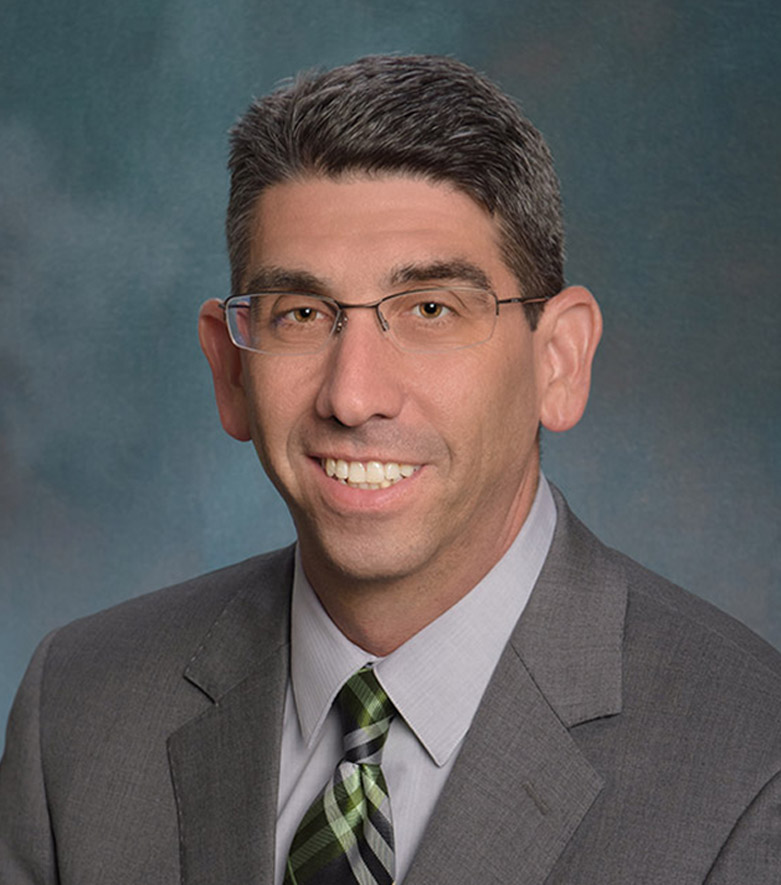Blog
Tort Reform – Caps on Damages Cause More Pain than Good
Injury Attorney San Fernando Valley
by David B. Bobrosky
(818) 907-3254
Some states put “caps” on damages awarded by juries in tort, or personal injuries cases.
A “cap” is a law that puts an arbitrary ceiling on the amount of damages a judge or jury can award in a case, regardless of the facts or evidence presented in a specific case. The types and amounts of caps vary by state, and can be imposed on parts, or all aspects of an award— including compensation for actual medical costs, loss of earnings, pain and suffering, and/or punitive damages.

Caps were recently in the news again because of the Virginia Tech shooting case. The Virginia Tort Claims Act caps jury awards at the maximum limits of a liability policy. This is why the parents of two students who were killed in the Virginia Tech shootings in 2007 may only be awarded $200,000, even though the jury who heard the case awarded $8 million to the two families.
Other Painful Outcomes in “Tort Reform”
In Nebraska, there is a total cap of $1.25 Million on all damages. This includes pain and suffering, as well as money for past and future medical expenses.
In a case featured in the documentary Hot Coffee, a couple who gave birth to twin sons alleged that their doctor failed to identify a problem during the mother’s pregnancy, despite multiple complaints by the mother. When another doctor discovered the problem days later, the mother was rushed to the hospital where a further delay of an emergency c-section was alleged to cause further damage to her son.
Doctors testified that the young boy would need life-long medical care, including multiple surgeries. A jury awarded the family $5.6 Million for these expenses. Despite the jury’s findings, the award was reduced to $1.25 Million due to the arbitrary cap on damages. Thus, the family will not have sufficient money to care for their son. The burden will now most likely fall to the public.

Here in California, we are limited by MICRA, or the Medical Injury Compensation Reform Act of 1975, which caps non-economic damages in medical malpractice cases at $250,000. This is a cap that has not increased since its inception, despite nearly 40 years of inflation. If it had increased, it should be over $1 Million by now.
When Steven Olsen was two, he tripped and fell on a sharp stick that impaled the front of his mouth, face and sinus cavity. His parents took him to Children’s Hospital of San Diego where the doctors repaired the damages and tested for infection, and then sent him home.
A few days later, Steven came down with a fever. His parents took him back to the hospital and requested a brain scan in light of his recent accident. The doctors ignored the request and diagnosed meningitis. Unfortunately, Steven had a ruptured abscess caused by the accident with the stick, and suffered serious brain damage as a result.
Plaintiffs alleged that had the physicians checked the lab results of the infection tests, or had they run a brain scan as requested, it was likely Steven would not have suffered the brain damage.
The jury awarded the Olsens just over $7 million in pain and suffering, but the $250,000 MICRA imposed cap reduced that figure to less than four percent of the intended award.
Caps Do Not Prevent So Called “Frivolous” Lawsuits
Proponents of Tort Reform cite “frivolous” lawsuits, high insurance premiums and better access to health care as reasons to put limits on damages.
But the truth of the matter is that arbitrary caps do not result in reduced premiums, but rather increased profits for the insurance companies. This is why the leaders of Tort Reform are generally the insurance companies.
Personal injury attorneys are not against businesses making profits, or doctors. In fact, my firm does not even handle medical malpractice cases. However, arbitrary caps do not do anything to prevent so called “frivolous” lawsuits – they merely deprive the most seriously injured and damaged people compensation awarded by a jury of their peers.
David B. Bobrosky is an Injury Attorney who advocates for the rights and safety of individuals. Contact him via e-mail: dbobrosky@lewitthackman.com.
